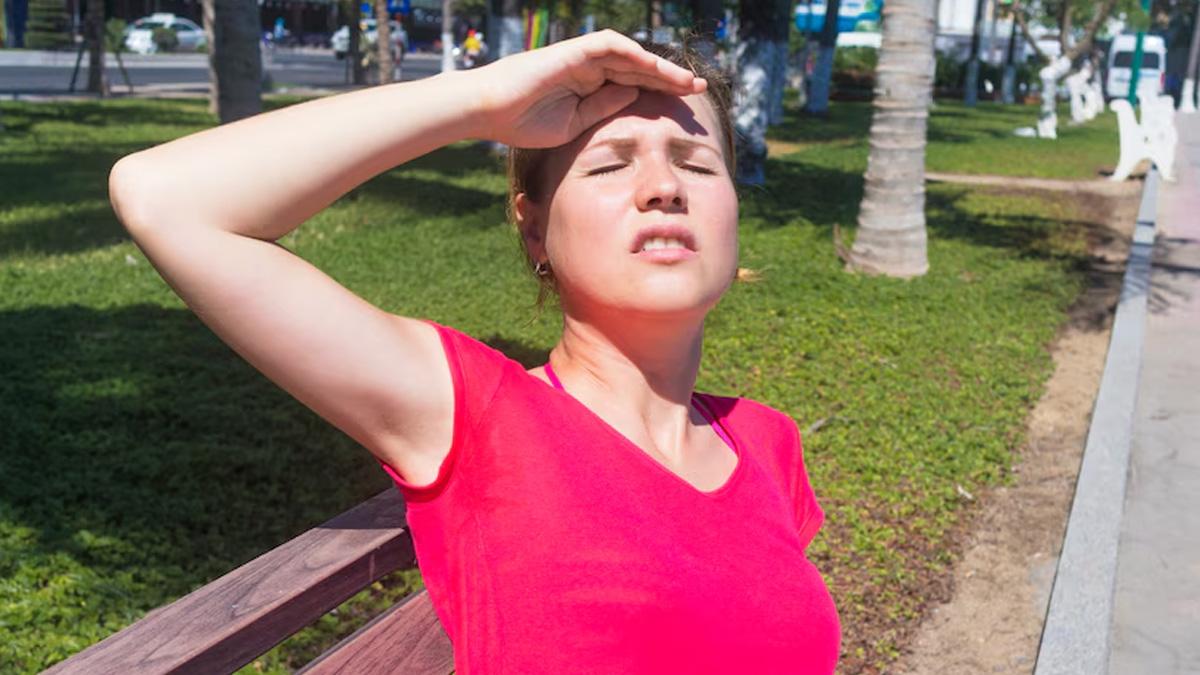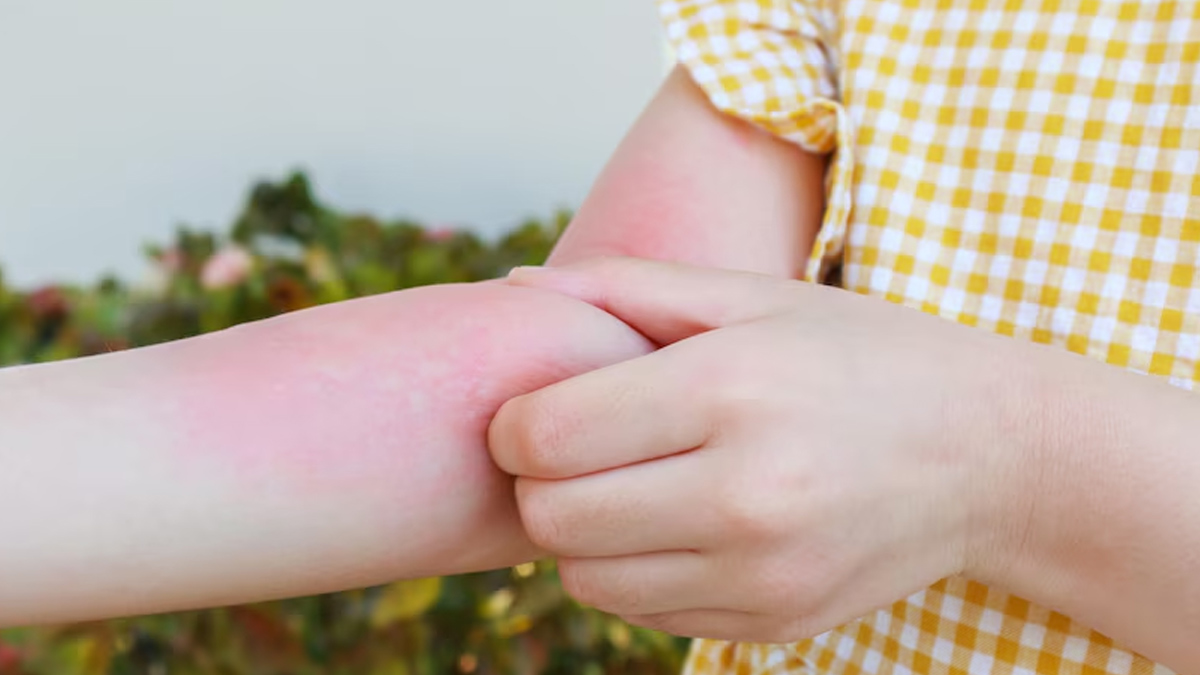
As summer enters an intense phase, some parts of India are grappling with severe heat waves with temperatures rising above 45 degree Celsius. The scorching heat is showing no mercy and making it difficult for people to step out. This unbearable heat poses a significant threat to public health. Such extreme heat can have serious effects on the human body which can even turn life-threatening.
Table of Content:-
The India Meteorological Department (IMD) has issued a red alert in the national capital, Delhi as the temperature here rose up to 47 degree Celsius. In such a situation, it is important for you to take utmost precaution and take steps to prevent serious health conditions which occur due to heat. Here are some of the health issues that can occur due to high temperatures.
1. Heat Exhaustion

One of the immediate consequences of extreme heat is heat exhaustion. This condition occurs when the body loses an excessive amount of water and salt through sweating. As per WebMD, symptoms include heavy sweating, weakness, dizziness, headache, nausea, and fainting. The body struggles to cool down, leading to an elevated body temperature and rapid pulse. If not addressed promptly, heat exhaustion can escalate to heat stroke, a much more severe condition.
Prevention Tip: Stay hydrated by drinking plenty of water, avoid strenuous activities during peak heat hours, and wear loose, light-coloured clothing.
2. Heat Stroke

The Center for Disease Control and Prevention calls heat stroke as one of the most serious heat-related illnesses. It stated that heat stroke occurs when the body's temperature regulation system fails, causing the body temperature to rise rapidly, potentially reaching 106 degrees Fahrenheit (41 degrees Celsius) or higher within 10 to 15 minutes. Symptoms include hot, dry skin, a rapid and strong pulse, confusion, seizures, and loss of consciousness. Without immediate treatment, heat stroke can lead to organ damage or death.
Prevention Tip: Move to a cooler place, apply cool cloth to the body, and sip water. Seek emergency medical help immediately if heat stroke is suspected.
Also read: Warning Signs Of Heat Stroke You Should Know Amid Rising Temperatures, Ways To Prevent It
3. Dehydration
In extreme heat, the body loses water more rapidly through sweat. Dehydration occurs when the body doesn't have enough water to carry out its normal functions. Symptoms include dry mouth, thirst, dark yellow urine, fatigue, and dizziness. Severe dehydration can lead to kidney failure, urinary and kidney problems, and hypovolemic shock—a life-threatening condition that occurs when blood volume drops too low.
Prevention Tip: Drink water regularly, even if you don’t feel thirsty. Avoid drinks that can cause dehydration, like alcohol and caffeinated beverages.

4. Heat Cramps
Heat cramps are painful, involuntary muscle spasms that usually occur during heavy exercise in hot environments. These cramps are caused by the significant loss of fluids and electrolytes from sweating. Although heat cramps are not life-threatening, they are a sign of heat stress and can be a precursor to more severe heat-related illnesses.
Prevention Tip: Rest in a cool place, hydrate with water or sports drinks that contain electrolytes, and avoid strenuous activities in high temperatures.
5. Heat Rash

Also known as prickly heat, heat rash occurs when sweat ducts become blocked and swell, leading to discomfort and itching. This condition is common in hot, humid weather and can cause a red cluster of pimples or small blisters on the skin. While heat rash is generally not serious, it can be uncomfortable and can lead to secondary infections if not managed properly.
Prevention Tip: Keep the skin cool and dry, wear lightweight and breathable fabrics, and avoid excessive sweating by staying in cooler environments.
Managing Extreme Heat
During a heatwave, it's crucial to take steps to protect yourself and your loved ones:
- Stay Informed: Keep updated with weather forecasts and heat alerts.
- Seek Shade: Stay indoors during peak heat hours (10 a.m. to 4 p.m.). If you must be outside, find shaded areas.
- Use Fans and Air Conditioning: If you don’t have air conditioning, spend time in public places that do, like shopping malls or libraries.
- Protect Vulnerable Groups: Ensure children, the elderly, and pets are not left in hot environments, such as cars, where temperatures can rise quickly.
Conclusion
As India faces a severe heatwave, understanding the impact of extreme heat on the body is vital. Heat exhaustion, heat stroke, dehydration, heat cramps, and heat rash are all potential risks. By taking preventive measures such as staying hydrated, seeking shade, and staying informed, you can protect yourself and your loved ones from the dangers of extreme heat. Stay cool, stay safe, and let’s weather this heatwave together.
Also watch this video
How we keep this article up to date:
We work with experts and keep a close eye on the latest in health and wellness. Whenever there is a new research or helpful information, we update our articles with accurate and useful advice.
Current Version